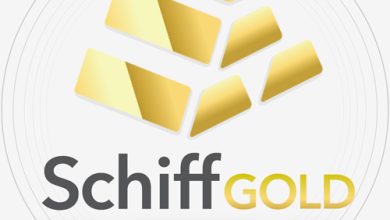Bank of Canada Surprises with Rate Hike

The Bank of Canada surprised the markets when it unexpectedly raised interest rates by 25 basis points. The Canadian dollar posted modest gains on Wednesday and is in positive territory on Thursday.
The Bank of Canada (BoC) hiked rates by 25 basis points on Wednesday, bringing the benchmark rate to 4.75%, the highest level since 2001. This was a surprise, as the markets had expected the BoC to take a pause.
This marked the BoC’s first rate hike since January when BoC Governor Macklem announced that it would “conditionally pause” its aggressive rate-hike cycle and monitor the effect of rate hikes on the economy. This was a fancy way of Macklem saying that each rate decision would be made based on data, in particular inflation, which has become a top priority for the BoC.
The BoC’s “conditional pause” turned out to be quite short, as the central bank paused rates at only two meetings before raising rates yesterday. The move may have surprised the markets, but recent key Canadian data supports the BoC’s decision. First, the April inflation report was higher than expected, rising to 0.7% month-to-month, up from 0.3% in March. Second, GDP hit 3.1% year-to-year in the first quarter, rebounding after a 0.1% decline in the fourth quarter of 2022. The BoC had forecast growth of 2.3% in the first quarter.
With inflation and GDP higher than expected, the Canadian economy has not cooled down enough for BoC policy makers. The BoC rate statement pointed to the inflation and GDP reports as reasons for its decision to raise rates. The tone of the statement was hawkish and the markets have priced in another rate hike in July at 60%, with more hikes expected before the end of the year. There is no sure way to know what the central bank has planned in July, but a close examination of key data ahead of the July meeting should provide some guidance. If the Canadian economy doesn’t show signs of cooling, there is a good chance of another rate hike next month.
The Bank of Canada noted that global consumer price inflation is coming down, due to lower energy prices, but core inflation remains higher than expected. Major central banks have signaled that interest rates may need to rise further in order to curb inflation, even though growth has slowed in the US, Europe and China. The BoC expressed concern that core inflation remains around 3½-4% and CPI inflation could become entrenched above the 2% target.
The Canadian benchmark stock market index, the S&P/TSX, declined while the Canadian dollar gained ground following the BoC rate hike.
The S&P/TSX fell 71.91 points at 19,983.69 at the close on Wednesday.
The Canadian dollar rallied on Wednesday. USD/CAD opened at 1.3402 and fell as low as 1.3320 before paring most of these gains, closing at 1.3371. On Thursday, the Canadian dollar has edged higher and is trading at 1.3341 in the European session, up 0.22% on the day.
Source link




